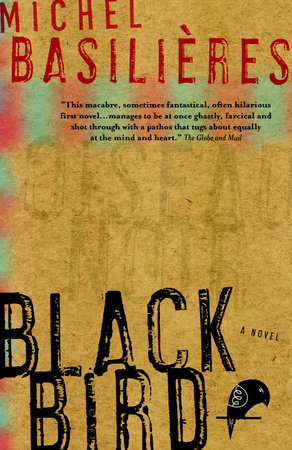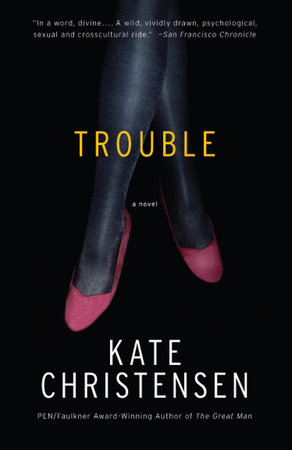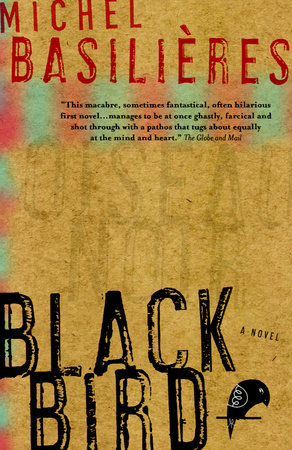

Black Bird
By Michel Basilieres
By Michel Basilieres
By Michel Basilieres
By Michel Basilieres

-
$17.00
Mar 09, 2004 | ISBN 9780676975284
-
Jul 27, 2011 | ISBN 9780307368478
YOU MAY ALSO LIKE
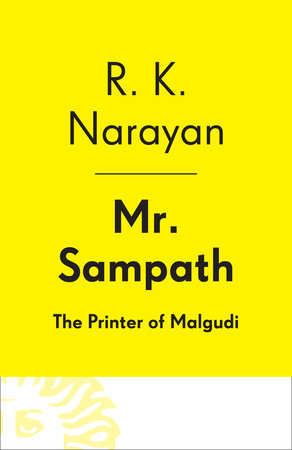
Mr. Sampath–The Printer of Malgudi
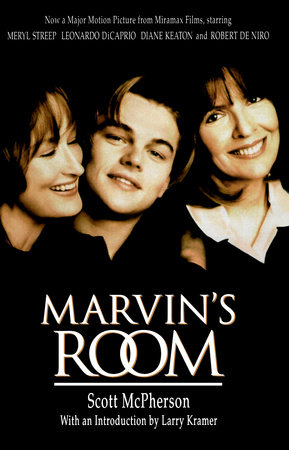
Marvin’s Room
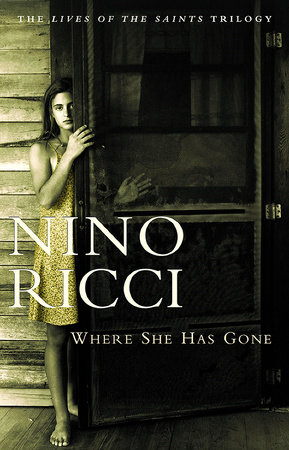
Where She Has Gone
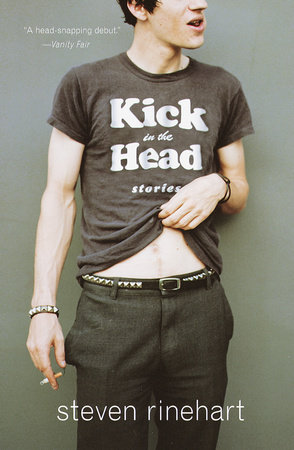
Kick in the Head
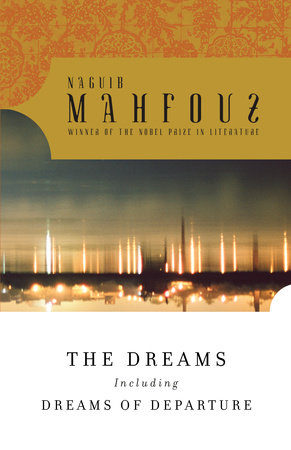
The Dreams
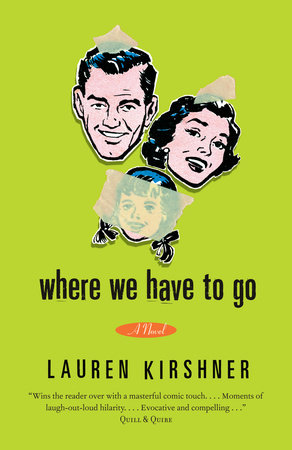
Where We Have to Go

Unto the Soul
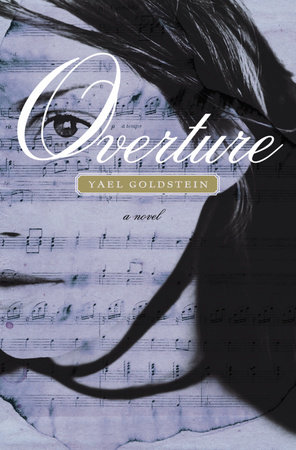
Overture
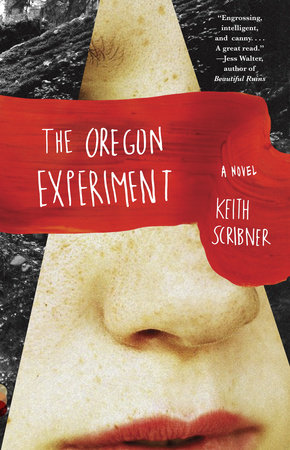
The Oregon Experiment
Praise
“This macabre, sometimes fantastical, often hilarious first novel…manages to be at once ghastly, farcical and shot through with a pathos that tugs about equally at mind and heart. Black Bird is a terrific read, an epic critique of and lament for the decades of rhetoric and rancour, and blood, that have yet to lead Quebec to the mythic prize of nationhood…. Vive le satirical livre!” — The Globe and Mail
“a stunning debut novel…wildly inventive and darkly funny…. Bravura plotting and comic talent are only the surface of Black Bird’s achievement. Basilières has the essential qualities of a first-rate satirist, in spades. He displays an abiding love for his characters, however awfully they behave, but his rage is equally inextinguishable…. His brilliant novel is an extended metaphor for the messy, intractable, essentially unbreakable web that history has made of Canada.” — Brian Bethune, Maclean’s
“At first glance, [Black Bird] looks a little like a Canadian take on Jonathan Franzen’s The Corrections. But where Franzen depicts the decline of the nuclear family, Basilières gives us a core meltdown. . . . Spirited, clever [and] dead on.” — The Gazette (Montreal)
“Black Bird rocks. An exuberant new Quebec voice that speaks for all of us living in the spaces in between.” — Susan Swan
“When someone tells you that a first novel is ‘brilliant’ or ‘stunning,’ they’re usually lying and they know it. But occasionally a book comes along that’s as good as the jacket cover blurb says it is. Michel Basilières’ first novel is a work of enormous love; it’s intelligent without the pirouettes, literate without showing off. And very funny. It’s that rare thing among novels, a book you should actually read twice.” — David Gilmour
“Black Bird is a great, wonderful monster of a novel, from the history of Frère André’s black heart to the screeching of the crow, Grace, from its astounding descriptions of Montreal to its observations of the compulsions and frustrations of one Family Desouche, it ushers in a new, hilarious, wildly imaginative, powerful and heartfelt voice.” — Edward Carey
“If ever a book defied description it is Black Bird. Covering themes as big as Canada itself and as dangerous as the battle field of family life, it is outrageous, hilarious and surreal. It is a remarkable creation, brilliantly original.” — Mary Lawson
“The delightful, macabre nature of Michel Basilières’ novel doesn’t hide the real sweetness of a writer who so obviously loves his fellows, especially when they are at their worst. Basilières’ comic sensibility is as black and shining as a crow’s wing. I believe Lovecraft must be sitting up in his grave and grinning.” — Gail Anderson-Dargatz
Awards
Amazon Canada First Novel Award WINNER 2004
Commonwealth Writers Prize for Best First Book NOMINEE 2004
Stephen Leacock Memorial Medal for Humour NOMINEE 2004
21 Books You’ve Been Meaning to Read
Just for joining you’ll get personalized recommendations on your dashboard daily and features only for members.
Find Out More Join Now Sign In








